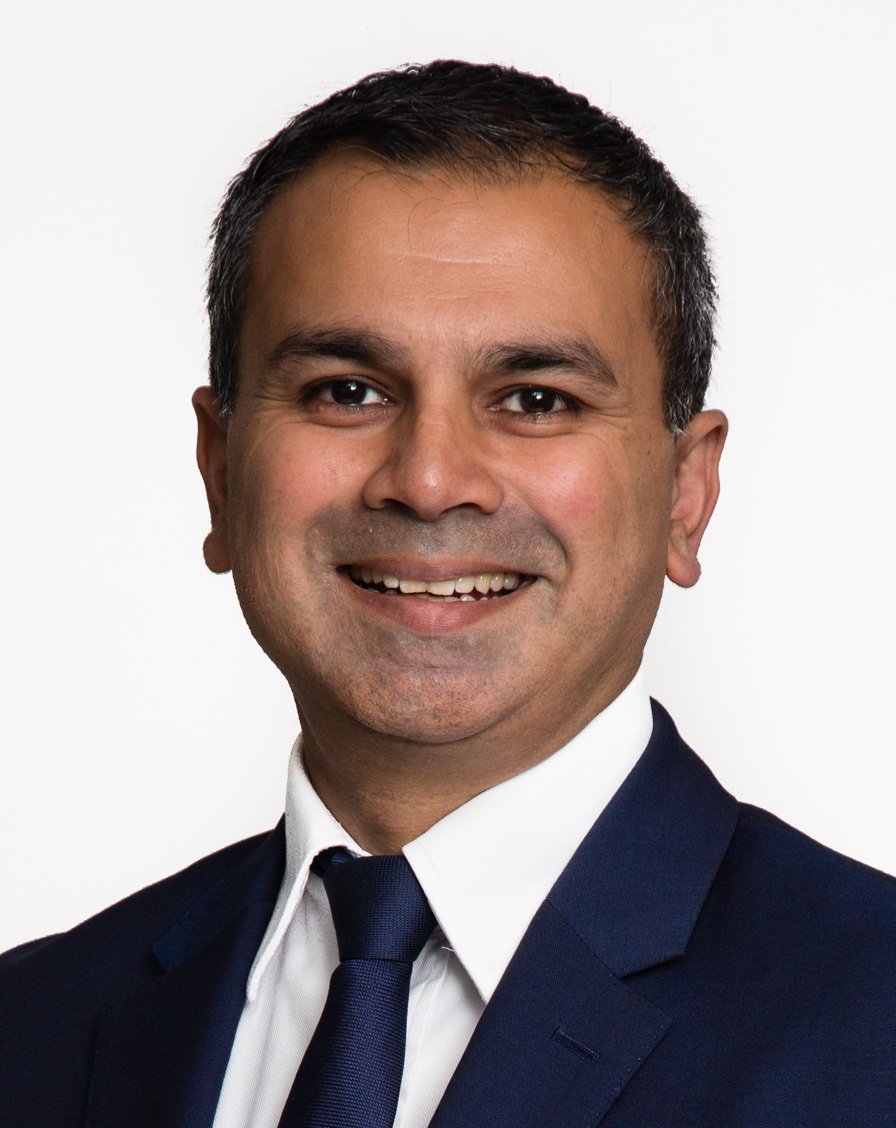
APRA’s plan to kill off the bank hybrids market means investors need to understand their options. Vivek Prabhu explains the alternatives
- Behind APRA’s bank hybrids ban
- How to find alternative investments
- Find out about Perpetual Diversified Income Fund
Investors will need to find alternatives to bank hybrid securities after the prudential regulator APRA announced plans to phase out the popular investments from 2027, says Perpetual’s Vivek Prabhu.
The move, aimed at enhancing financial stability following last year’s global banking crises, will force investors to reassess their portfolios and consider alternatives such as corporate hybrids, subordinated debt, or other fixed-income products.
However, these alternatives may carry different risk profiles and regulatory protections compared to the familiar bank hybrids, says Prabhu.
"For investors seeking direct investments that returned 2.5 to 3 per cent above cash, hybrids were a good solution," says Prabhu.
"Now, they are going to have to find something else that meets that return target."
Prabhu manages Perpetual Diversified Income Fund, an actively-managed, diversified portfolio of floating-rate debt investments.
Reaction to Credit Suisse collapse
The proposed changes will require banks to phase out hybrids in favour of shareholder equity and Tier 2 capital.
The changes are aimed at simplifying bank capital and clarifying the order in which investors and depositors bear losses in any future crisis.
The Australian Securities and Investments Commission has long viewed bank hybrids as an inappropriate investment for retail investors, saying most people do not understand the level of risk they carry.
Recent events support the investment regulator’s view.
When global banking giant Credit Suisse collapsed last year, hybrid bondholders were wiped out, while shareholders had value preserved.
The unexpected outcome challenged the conventional understanding of priority in bank capital structures, says Prabhu.
“It defied all market convention — and now it's in court, with hybrid bondholders challenging the outcome,” says Prabhu.
“So, now APRA is trying to make things cleaner in the event that any of our banks experience similar stresses — keeping the integrity of the priority of claims on different parts of the capital structure.”
Hybrid prices soar
Hybrids account for just 1.5 per cent of bank capital, says Prabhu. APRA’s proposal would see that share replaced by 1.25 per cent of Tier 2 subordinated bonds and 0.25 per cent of shareholder capital.
“But not everyone who owned hybrids will view Tier 2 debt as a good substitute, because it is slightly lower yielding,” says Prabhu.
“The end game is that hybrids are ultimately going to become Tier 2 capital so credit spreads are going to converge — subordinated debt spreads will widen, and hybrid spreads will narrow.”
That process has already begun.
Prices for bank hybrid securities soared on the regulator’s announcement, while Tier 2 spreads widened by between one and three basis points.
“Pretty small in the scheme of things, but not insignificant,” says Prabhu.
“And reflective of the fact that the Tier 2 bond holders have been protected by both shareholder capital and hybrids — but going forwards, they'll only have one layer of capital protection beneath them, because the hybrids won't exist.
“That means Tier 2 becomes more risky, and so the credit premiums need to widen.”
Hybrid alternatives available
Prabhu notes that the APRA changes only apply to banks, leaving insurers and corporations free to issue hybrids.
“So, it doesn't mean the hybrid market is disappearing altogether, it just means the largest part of the hybrid market is going.”
Westfield mall-owner Scentre Group recently issued a $900 million hybrid while petrol retailer Ampol, power grid owner AusNet, and gas pipeline business APA also have hybrids on issue.
But Prabhu cautions against investors viewing corporate hybrids as a direct replacement for bank hybrids.
“The banks are much better regulated so you have more comfort that your capital is protected, whereas corporate hybrids might not have that same degree of quality, because they're not as highly regulated.
“In terms of where bank hybrid investors look, do they invest in corporate hybrids? Do they shift their demand into the Tier 2 part of the capital structure and get a slightly lower return than they were used to?
“That’s the question — and we don’t know the answers yet as to how investors will behave.”
Managed funds can fill the gap
Prabhu notes hybrids are not the only way to generate improved income.
“Perpetual Diversified Income Fund has had less than 10 per cent exposure to hybrids over the last year or so and generated an attractive return over the last financial year.
“So, managed funds can actually offer a good alternative for investors who were previously directly investing in these hybrids or doing it through ETFs.
“They can get a similar return from an actively managed credit fund without taking the same level of risk when it comes to the proportion of bonds further down the capital structure, like hybrids.”
About Vivek Prabhu and Perpetual’s Credit and Fixed Income team
Vivek is Perpetual’s head of fixed income. He joined Perpetual in 2004 and has more than 30 years of experience in accounting, finance, investments, governance and risk management. He has managed multi-billion-dollar fixed income, credit and currency portfolios and his role involves credit analysis, trade execution and portfolio construction.
Perpetual offers a range of cash, credit and fixed-income solutions and are specialists in investing in quality debt.
We take a highly active approach to buying and selling credit and fixed income securities and invest extensively across industries, maturities and the capital structure.
Find out more about Perpetual’s Credit and Fixed Income capabilities
Want to find out more? Contact a Perpetual account manager

